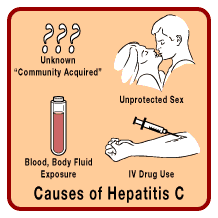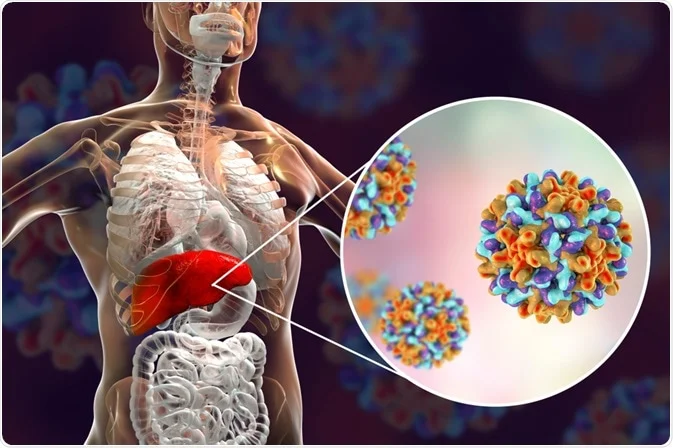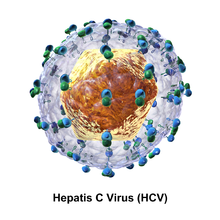Causes of Hepatitis C
Hepatitis C is caused by the hepatitis C virus (HCV), which is primarily transmitted through contact with infected blood.
Common modes of transmission:
- sharing needles or other drug paraphernalia.
- Receiving contaminated blood transfusions or organ transplants (although this is rare nowadays due to improved screening protocols).
- Through sexual contact or from an infected mother to her baby during childbirth.

Symptoms
Many people with hepatitis C do not experience symptoms immediately, or they may have mild symptoms that are easily overlooked.
However, as the infection progresses, symptoms may include fatigue, fever, nausea, loss of appetite, abdominal pain, jaundice (yellowing of the skin and eyes), and dark urine.
NOTE: symptoms may not appear until liver damage has already occurred, which is why early detection through testing is crucial.

